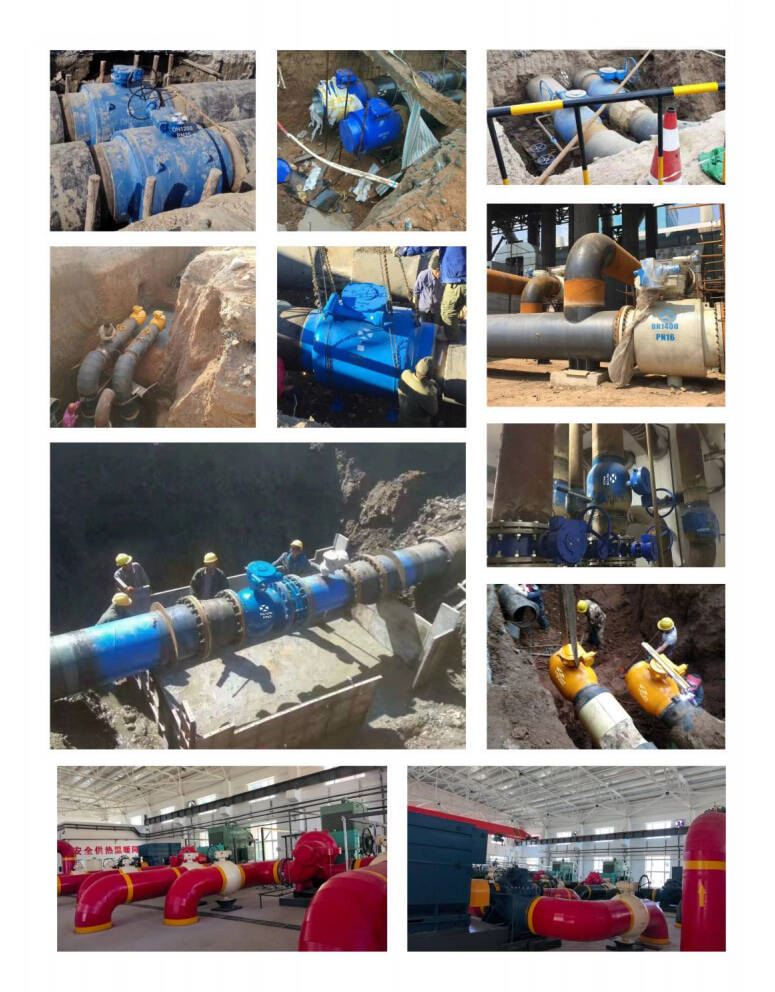High-pressure ball valves are pivotal components in critical infrastructure, ensuring reliable flow control in natural gas transmission and potable water supply systems. These valves operate under stringent conditions, demanding precision in sealing, corrosion resistance, and mechanical durability.
Natural Gas Pipelines: Performance in Sour Gas Environments
In natural gas transmission networks, ball valves must withstand high pressures (up to 10MPa in some segments) and aggressive sour gas (H₂S concentrations ≥ 300 ppm), requiring strict adherence to API 6D and NACE MR0175 standards.
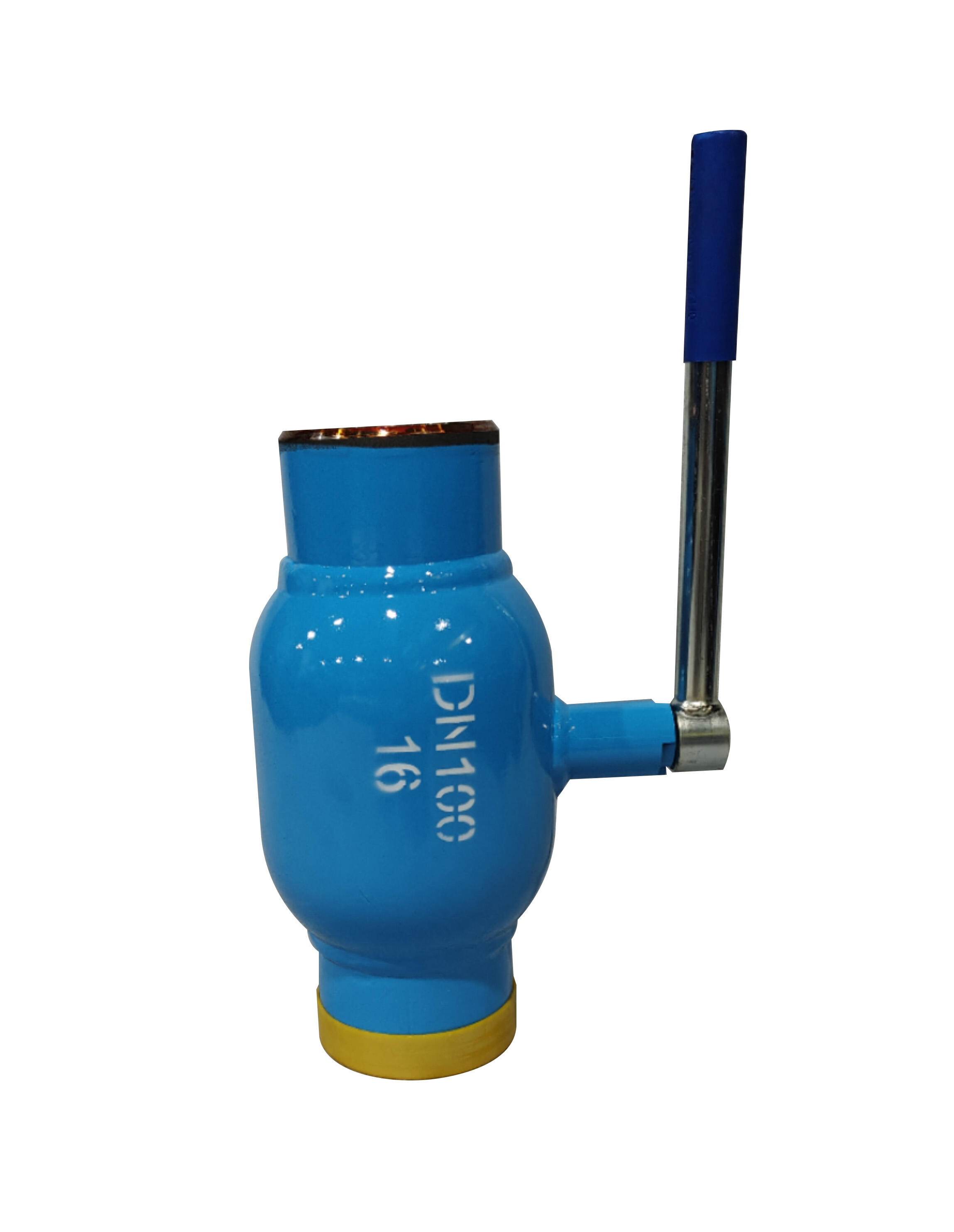
Material and Design Compliance
Sour Gas Resistance: Valve bodies and trims are typically constructed from duplex stainless steel (ASTM A890 Gr. 5A) or nickel-based alloys (Inconel 625), certified under NACE MR0175 to prevent sulfide stress cracking (SSC) and hydrogen-induced cracking (HIC).
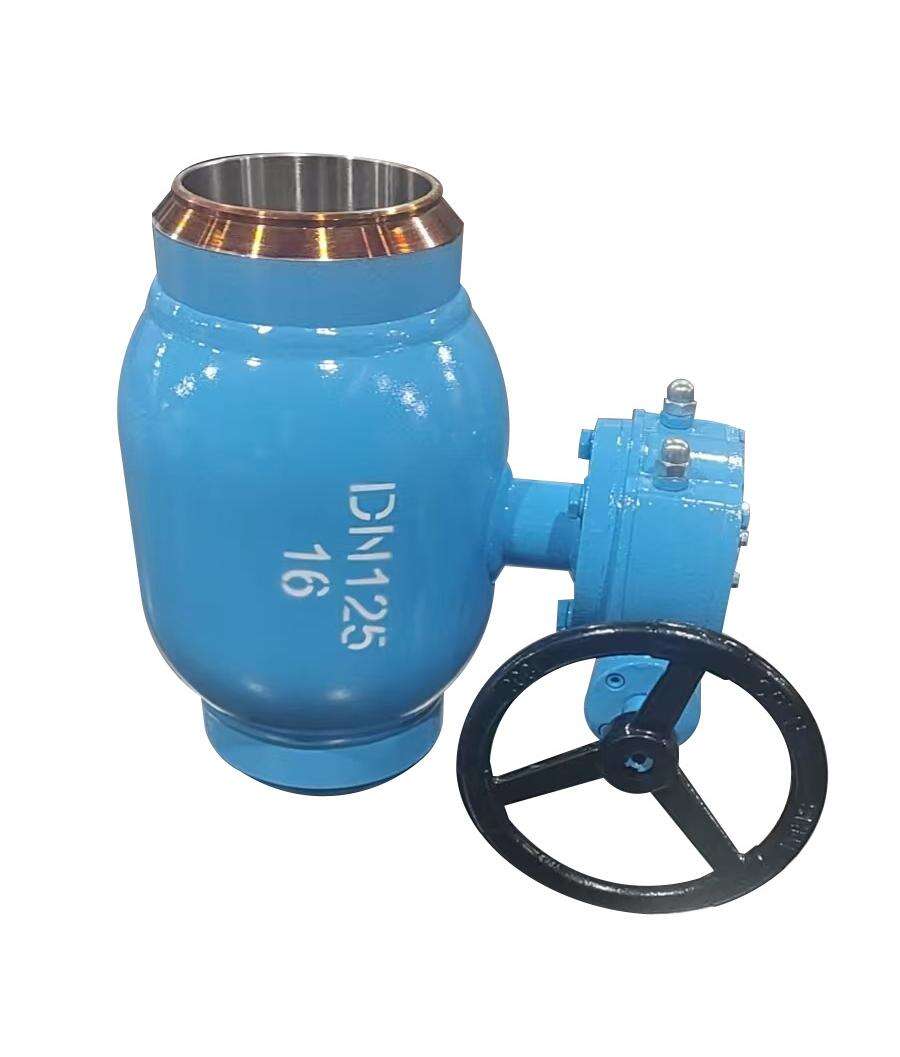
Installation and Operational Challenges
Welding and Stress Management: Valves are welded (ASME B31.8) or flanged (ANSI B16.5) into pipelines, with alignment critical to prevent thermal stress-induced seat distortion. In a 2022 incident, misaligned flanges caused a 0.5mm seat offset, leading to seal failure during a pressure surge.
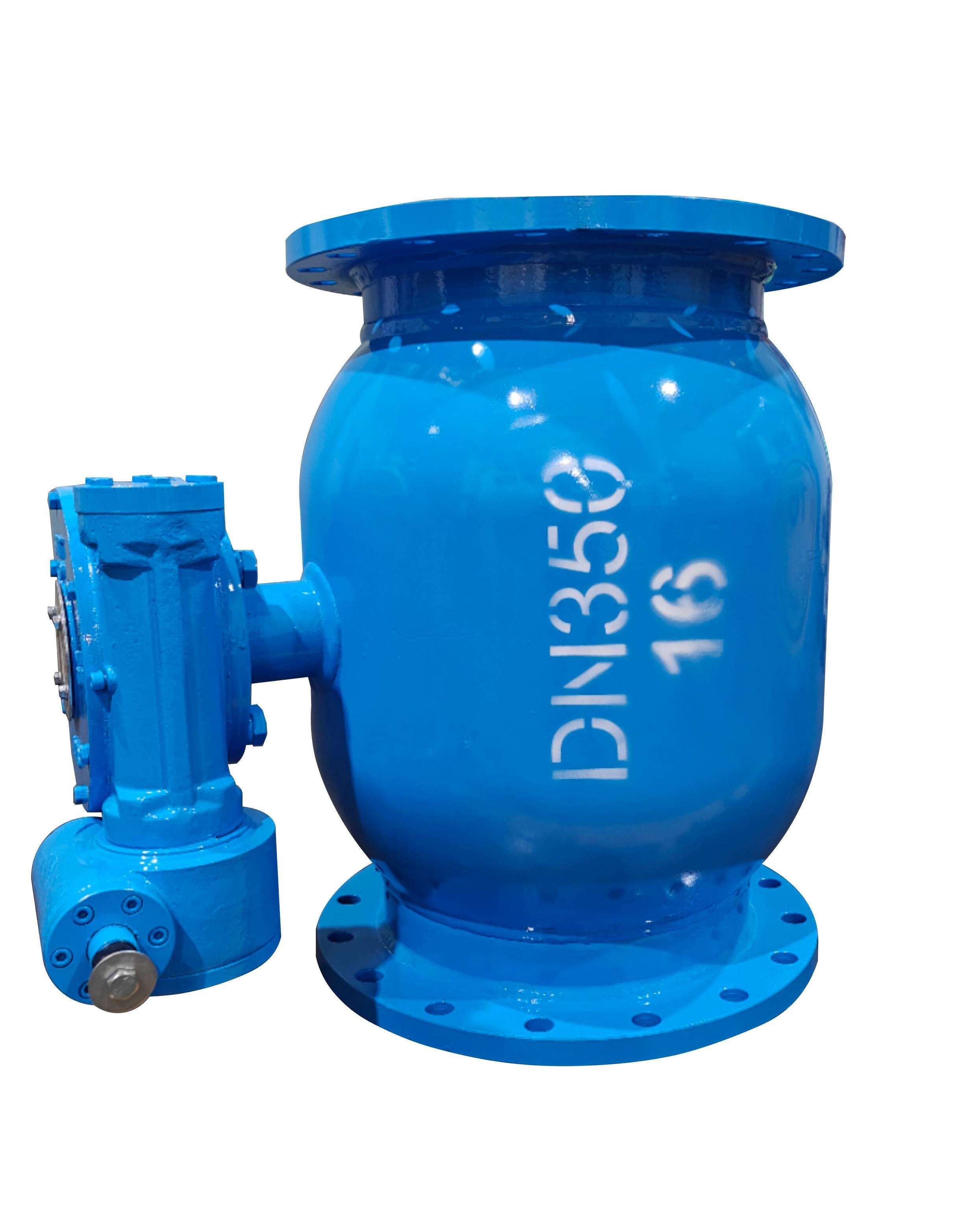
Water Supply Systems: Durability in Chlorinated Environments
In municipal water distribution, ball valves must handle continuous flow (velocity ≤3 m/s) and chlorinated water (free chlorine 0.5–1.5 mg/L), adhering to AWWA C507 and NSF/ANSI 61 standards for potable water safety.
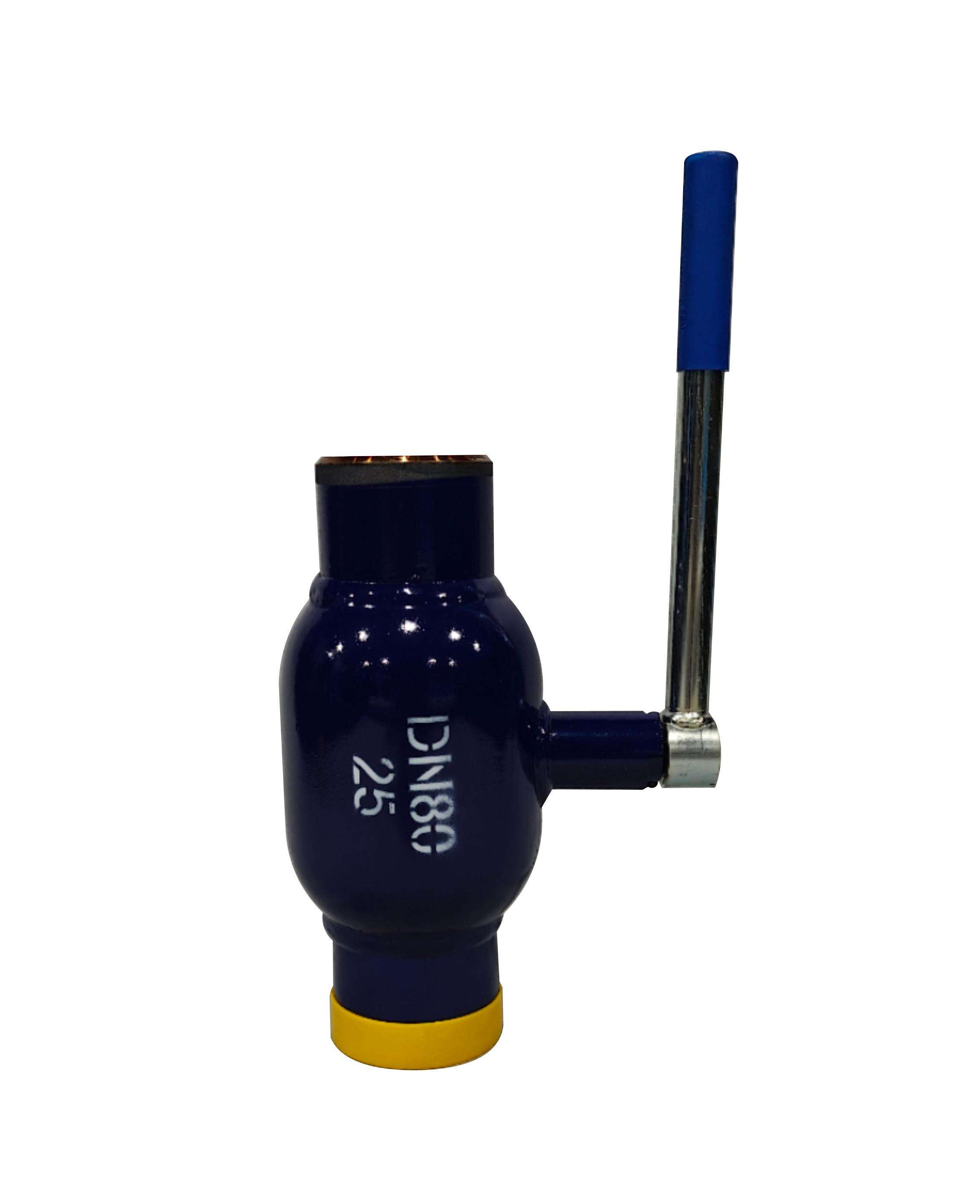
Conclusion
High-pressure ball valves excel in diverse critical applications when paired with material engineering, standards compliance, and proactive maintenance. In natural gas, sour gas resistance and zero-leakage seals are paramount, while water systems demand chlorination tolerance and cycle-life reliability. By integrating field data, industry standards (API, AWWA, ISO), and emerging technologies, operators can optimize valve performance, ensuring safety and efficiency in infrastructure networks.
